I’ve been tagged by Aura Eadon to answer the following questions arising from Nicolette Elzie‘s blog.
When did you first start writing? Was being a writer something you always aspired to be?
Aside from the grey period when law school sucked out all the joy, I’ve always loved books and reading. But I never thought I could be a writer. I wasn’t creative or deep enough. Yet the need to create stories niggled at me for years. I’ve done Nanowrimo, attended a few short courses and produced five or six half-finished novels but never had the confidence to take myself seriously. Then during some maudlin navel gazing, I realised writing a novel was my life’s ambition. So I decided to get serious and come out as a writer.
What genre do you write?
I like to make stuff up so speculative fiction is my genre. A bit sci-fi but no spaceships. A bit fantasy but no ‘chosen ones’. I’ve tried writing in other genres (urban fantasy, crime etc) but the stories did not feel right. It did not feel like me. Speculative fiction is a comfy place to be.

Can you tell us a little about your current work in progress? When did you start working on this project?
I’ve got a full production line going with four or five pieces in various stages of drafting, editing and resting. My Monolith trilogy has been my main focus for the past eighteen months but I’m taking a break and currently working on a set of steampunk YA novellas set in 1880s Melbourne. My heroine is a 17 year old ex-pickpocket and acrobat now living in the Colonies with her long-lost father.
What was your first piece that you can remember writing? What was it about?
There was the cringe inducing poetry published in the school magazine, featuring thinly veiled phallic imagery. Good times.
What’s the best part about writing?
Reaching the magical flow state, when the story takes over and ideas appear out of nowhere. I am just the implement recording the words on the page. It’s pretty damn cool.
What’s the worst part about writing?
When everything I write is a steaming pile of poo and the vicious voices whisper in my ear, telling I have no talent and I’m wasting my time.
What’s the name of your favourite character and why?
Anne of Green Gables. Manic, kooky and fragile, she leaps from the page. She’s the inspiration for my steampunk heroine, Evangeline. Although in real life, Anne would get on my nerves. Such a drama queen.
How much time a day/week do you get to write? When is the best time for you to write (morning or night)?
I’m one of those annoying A-type personalities. Since I decided to get serious, I write or edit every day. But writing is my happy place. In an ideal world, I’d spend every morning writing. But in real life, I write whenever and where ever I get a chance.
Did you go to college for writing?
Nope. I’m ambivalent about writing degrees. For me, writing is about discipline and practice. Can those skills be taught in a class at university? I’ve done short courses in the past. Now I read writing reference books and try to read critically.
What bothers you more: spelling errors, punctuation errors or grammar errors?
Spelling errors. They stand out like a big angry zit.
What is the best writing advice that anyone has given you?
“The most important thing about art is to work. Nothing else matters except sitting down every day and trying.” – Steven Pressfield
What advice would you give to another writer?
- First drafts are always shit – go Hemingway!
- Stop talking about writing and write
- The real work starts after you’ve finished the first draft
What are your favourite writing sites or blogs that you turn to for help, tips or encouragement?
The Creative Penn, Story Grid, Steven Pressfield, Chuck Wendig. Encouragement comes from the brilliant Monthly Writing Challenge crew on Twitter.
Besides writing, what else do you enjoy doing? What are your hobbies?
I spend a lot of time in my head and sitting on my bum, so I try to balance this out with walking, running and weight training. I love to lose myself in books and films.
What’s the best book you’ve read this year?
Three way tie between Perdido Street Station – China Mieville, Parable of the Sower – Octavia E Butler and Sunne in Splendour – Sharon Penman. Speculative fiction in three different ways.
What is the best movie you’ve seen this year?
Cheap Thrills – a twisted movie about what people will do for money.
What is your favourite book or series of all time?
Of all time? Too hard. Currently I’m into Ben Aaronovitch’s Rivers of London series. Recently completed Book 5 – Foxglove Summer and anxiously awaiting #6.
Who is your favourite author?
Depends on the direction of the wind and what I’ve had for breakfast. I’ve mentioned a few authors above. Other honourable mentions include Val McDermid, CJ Sansom and Michael Robotham.
What are your plans for the rest of the year in terms of your writing?
Hopefully to start querying my Monolith trilogy by the end of the year. Exciting times. Wish me luck!
Where else can we find you online?
Twitter
Goodreads
Consider yourselves tagged.
Sara General
Mollie Smith
Annelisa Christensen
Mattias Ahlvin
What you are your thoughts on the questions above?
Like this:
Like Loading...


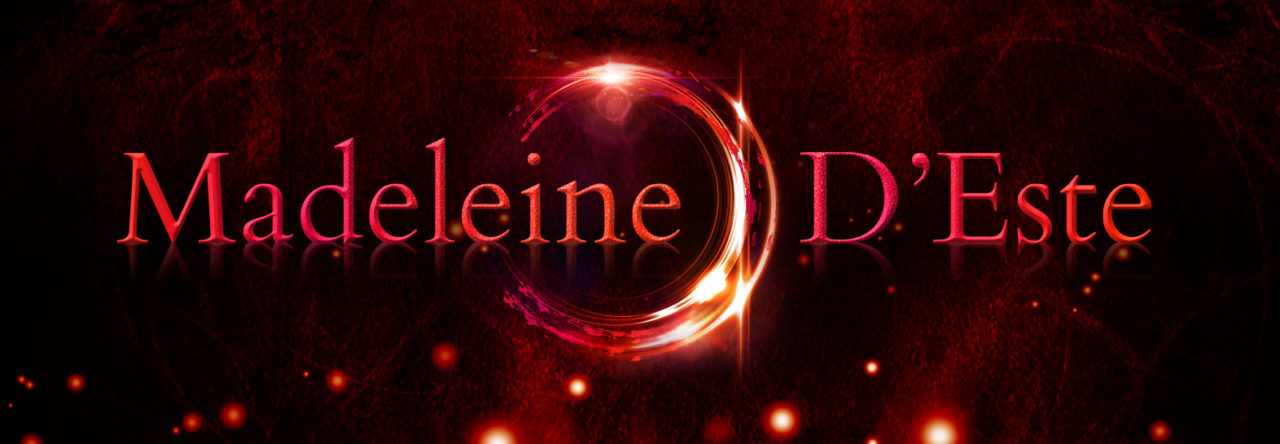
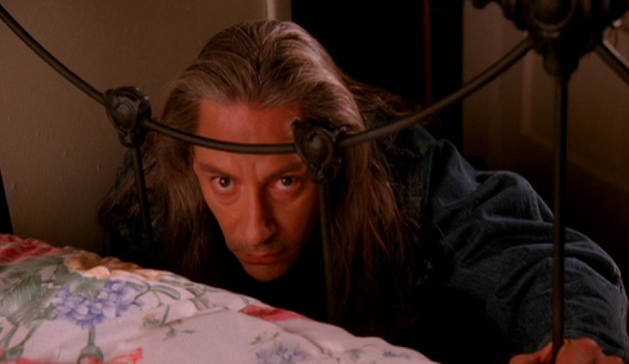
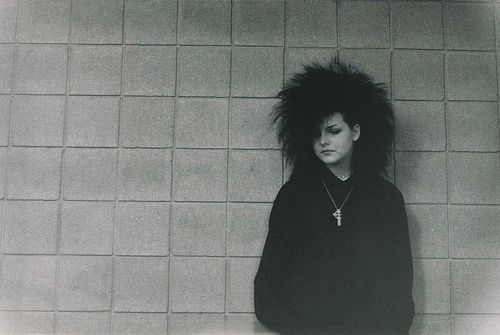

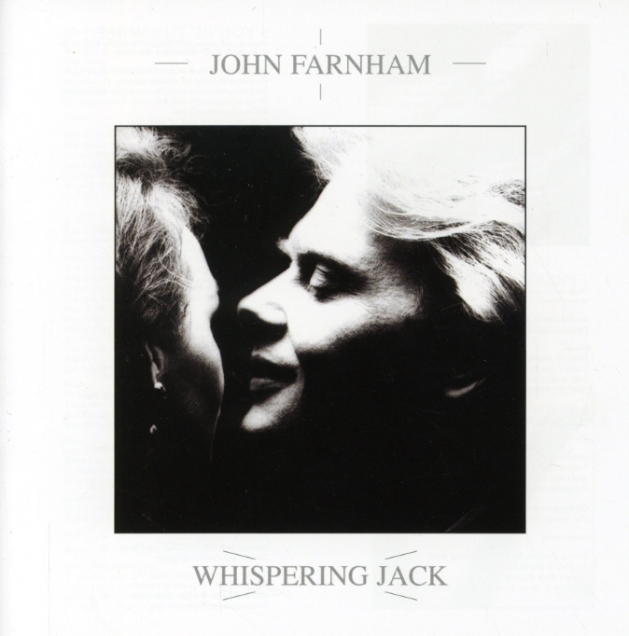
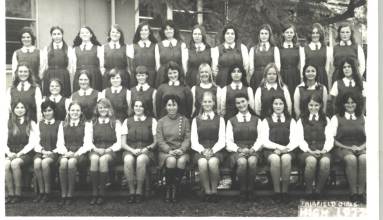

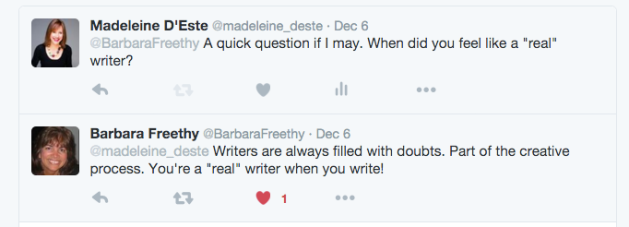
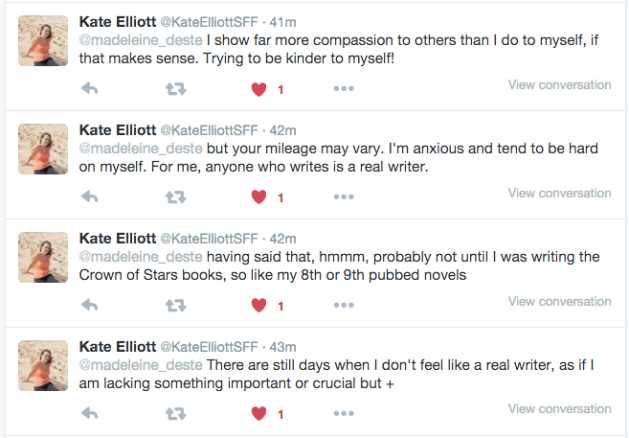


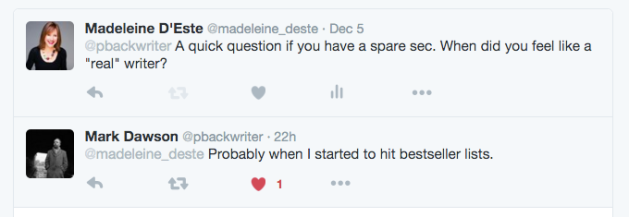
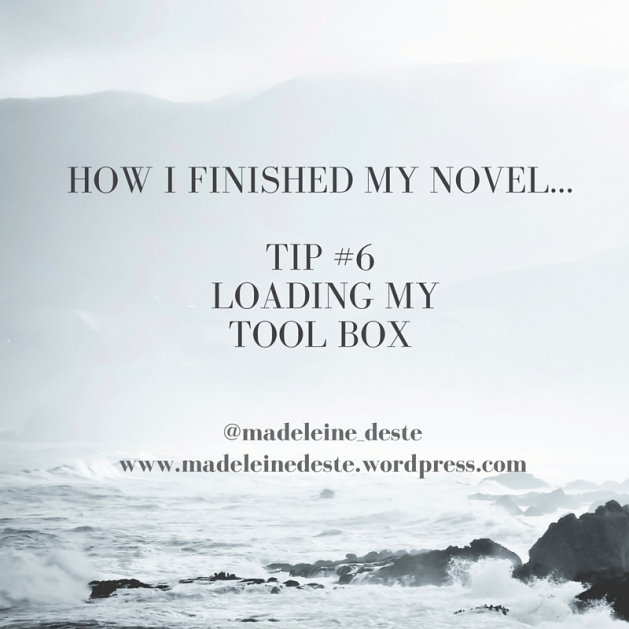

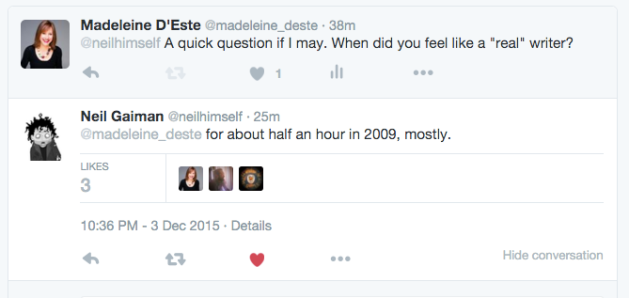

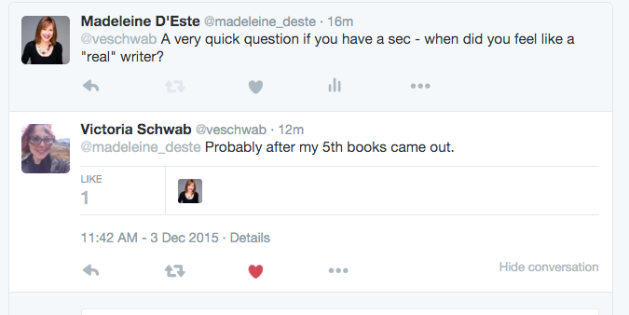
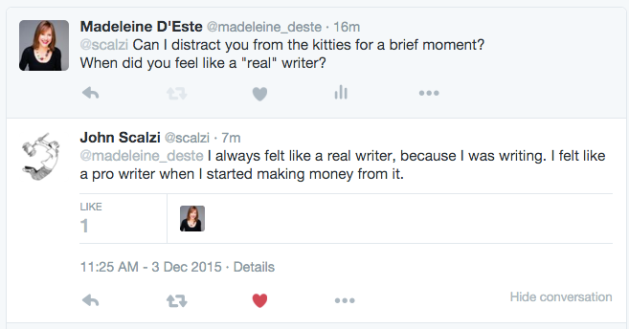
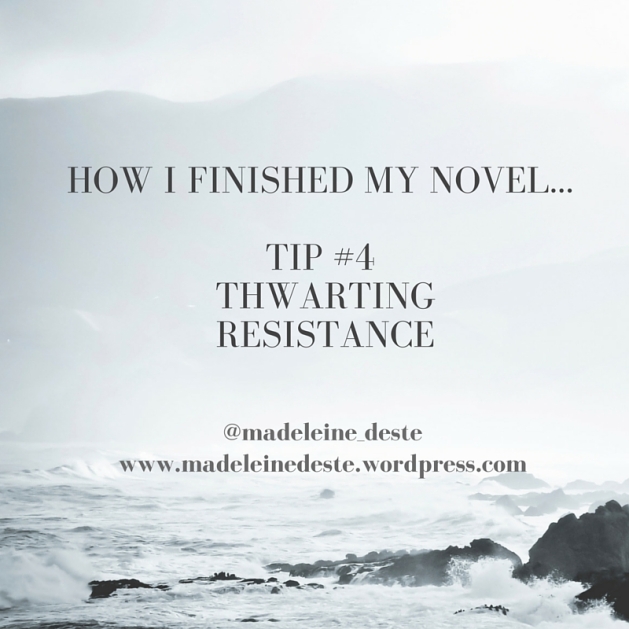
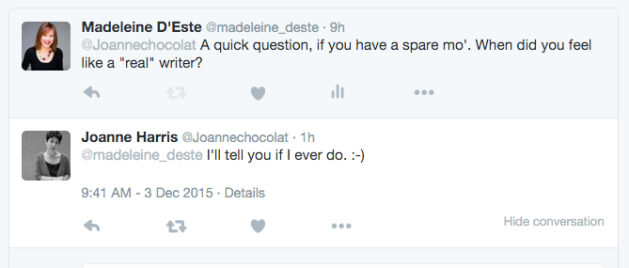

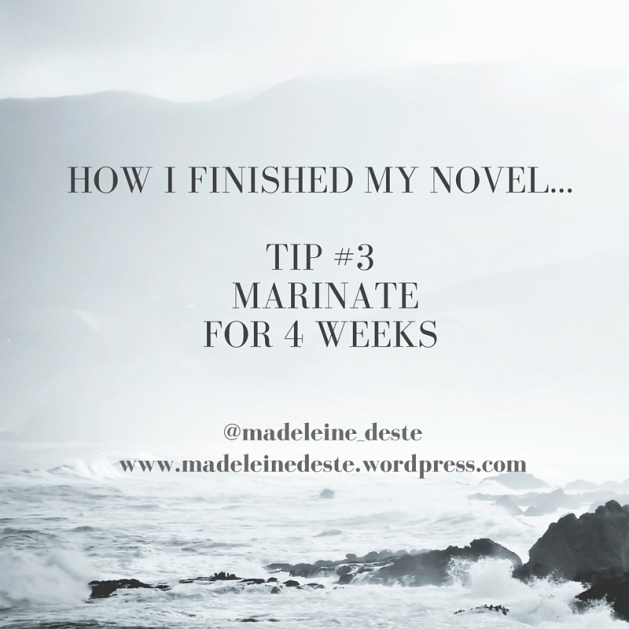


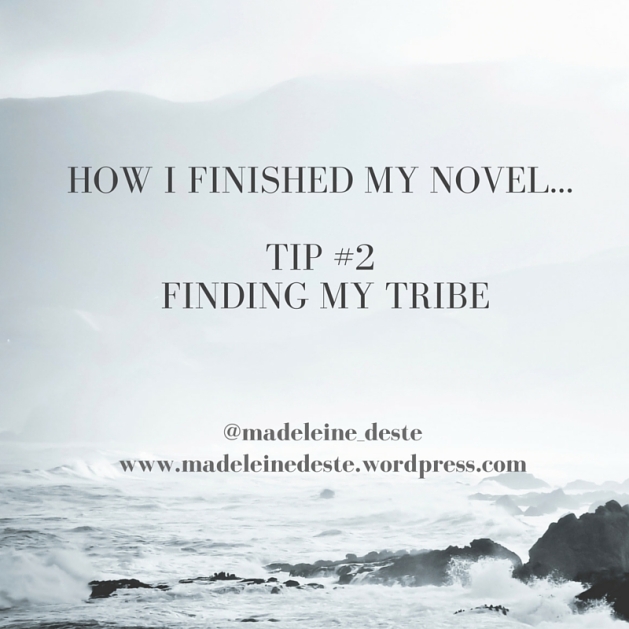

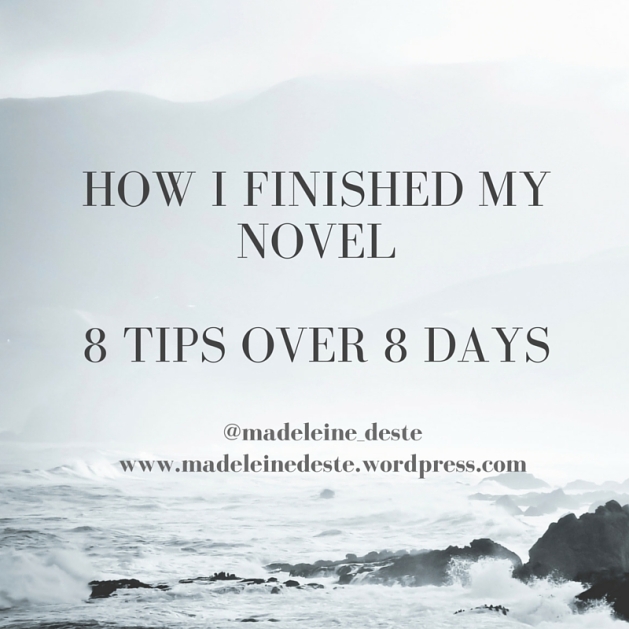


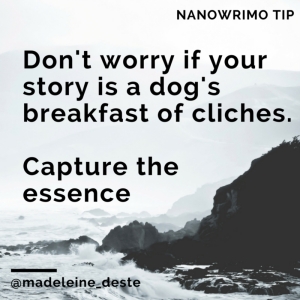


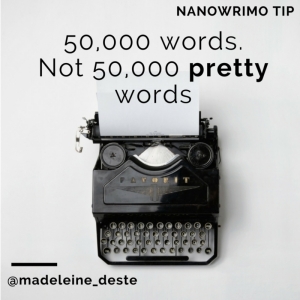






 Michael Whelan’s Yours Truly
Michael Whelan’s Yours Truly







 www.booyorkcity.com
www.booyorkcity.com










_cover.jpg)



